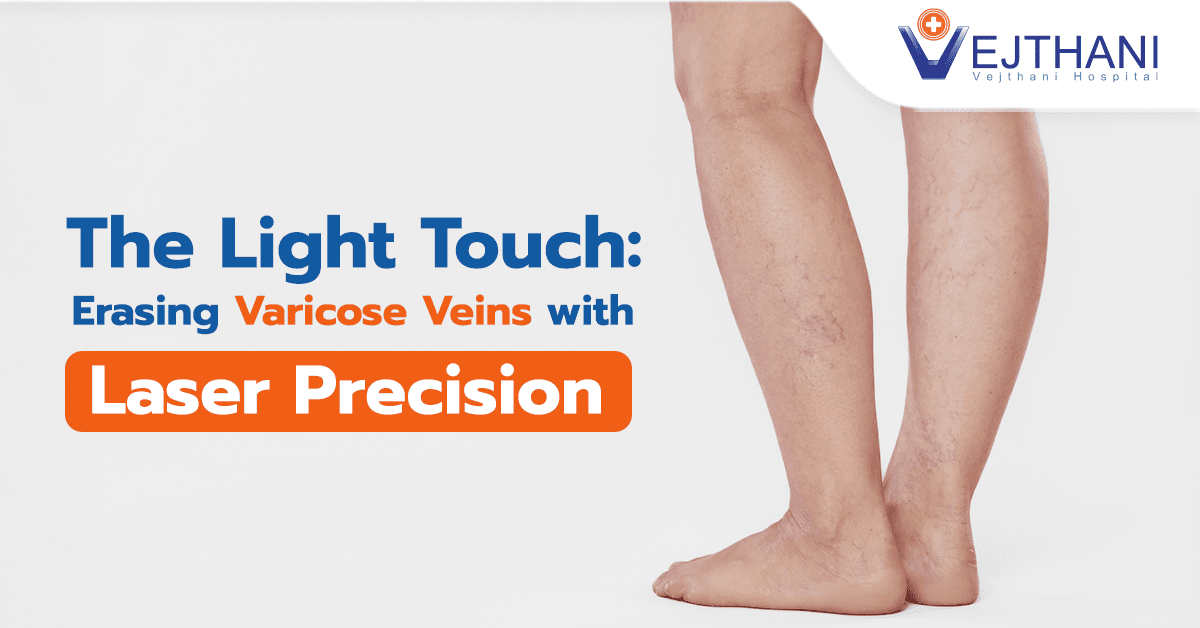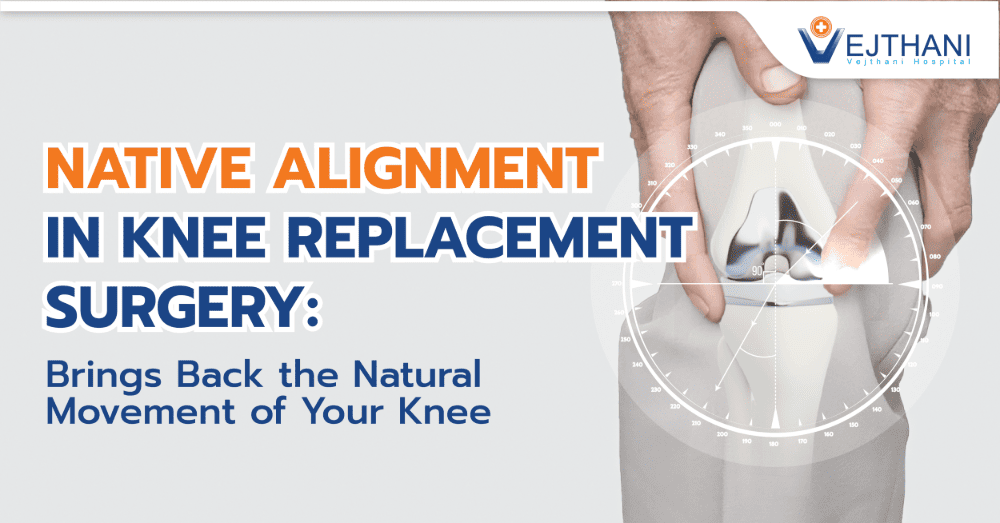
Heart valve surgery
Overview
Heart valve surgery is a medical procedure designed to address heart valve disease, a condition characterized by the improper functioning of one or more of the four heart valves responsible for maintaining the correct flow of blood through the heart.
These four heart valves are known as the mitral valve, tricuspid valve, pulmonary valve, and aortic valve. Each valve is comprised of flaps, referred to as leaflets in the case of the mitral and tricuspid valves, and cusps for the aortic and pulmonary valves. Normally, these flaps should open and close once during each heartbeat. When valves fail to open or close properly, they disrupt the normal flow of blood through the heart to the body.
There are two primary types of heart valve surgery:
- Valve repair surgery: This procedure is aimed at correcting a damaged or malfunctioning valve while preserving as much of the patient’s own tissue as possible. The mitral valve is the most frequently repaired valve, although repair surgery can also address issues with the aortic and tricuspid valves.
- Valve replacement surgery: In this approach, the faulty valve is removed and replaced with either a biological valve (typically sourced from pig, cow, or human tissue) or a mechanical valve (constructed from metal or carbon materials). All valve replacements are biocompatible, meaning they are designed to be compatible with the patient’s immune system, minimizing the risk of rejection.
The choice between these two types of heart valve surgery depends on a variety of factors, including the patient’s age, overall health, and the nature and severity of their heart valve disease.
Reasons for undergoing the procedure
Heart valve surgery is a medical procedure used to treat heart valve disease, which can manifest in two primary ways:
- Valve narrowing, known as stenosis.
- Valve leakage, which allows blood to flow backward, termed regurgitation.
Indications for heart valve surgery arise when heart valve disease adversely affects the heart’s ability to pump blood. In cases where patients do not exhibit symptoms, or their condition is mild, doctors may recommend regular monitoring along with lifestyle adjustments and medications to manage potential symptoms.
Occasionally, heart valve surgery is advised even when there are no apparent symptoms. This can be done in conjunction with other necessary heart surgeries. The decision to undergo heart valve surgery, including minimally invasive options, should be made collaboratively between you and your healthcare provider.
Over time, it may become necessary to repair or replace a problematic heart valve. In some instances, even in the absence of symptoms, doctors may suggest repairing or replacing the affected valve when performing other cardiac surgeries.
The choice between heart valve repair and replacement depends on your specific condition. Whenever possible, doctors prefer valve repair, as it preserves the natural valve and can help maintain heart function. However, valve replacement may be the more suitable option in certain cases.
Additionally, doctors may consider whether minimally invasive heart surgery is a viable option for you, and they will thoroughly discuss the advantages and risks associated with each procedure.
If you require heart valve surgery, it is advisable, whenever feasible, to select a medical center with substantial experience in performing such surgeries.
Risk
Any surgery carries potential risks, and heart valve surgery is no exception. These risks may include:
- Heart attack.
- Heart failure.
- Irregular heart rhythm, which might require a pacemaker.
- Stroke.
- Infection.
- Excessive bleeding.
These risks are influenced by various factors:
- Your age.
- Your existing medical conditions.
- The complexity of the procedure, especially if multiple procedures are performed in a single operation.
Before your surgery, your cardiologist and surgeon will discuss these risks with you. If you’ve had a valve repaired or replaced, there’s a higher risk of developing infective endocarditis. However, this risk can also exist with a faulty valve that hasn’t been repaired. In some cases, your healthcare provider may prescribe antibiotics before certain dental procedures to prevent endocarditis. You can also reduce your risk of endocarditis by maintaining good dental hygiene.
Procedure
Your medical team will engage in a detailed discussion with you regarding your upcoming heart valve surgery and will be available to address any questions you may have. Prior to your admission to the hospital for the surgery, it’s important to have a conversation with your family about your hospital stay and also discuss the assistance and support you may require once you are back home.
Before the procedure
Before undergoing heart valve surgery, it is essential to have a conversation with your doctor regarding several important aspects:
- Medications: Discuss with your healthcare provider the timing for taking your regular medications and whether you can take them prior to the surgery.
- Allergies and reactions: Inform your doctor about any allergies or adverse reactions you have experienced with medications in the past.
- Fasting instructions: Clarify when you should cease eating or drinking on the evening before the surgical procedure.
During the heart valve surgery itself, refrain from wearing the following items:
- Jewelry
- Eyeglasses
- Contact lenses
- Dentures
- Nail polish
It may be necessary to have body hair removed from the areas where surgical incisions will be made. Special antibacterial soap might be employed to cleanse your skin as a preventive measure against infections.
In preparation for the surgery, you may undergo various diagnostic tests, including:
- Chest X-ray
- Echocardiogram
- Electrocardiogram (EKG)
- Computed tomography (CT) scan
- Heart catheterization
- Laboratory tests
During the procedure
Heart valve surgery involves being placed in a sleep-like state with the use of anesthetics. During the procedure, a heart-lung bypass machine is connected to ensure blood circulation.
There are two main approaches to heart valve surgery:
- Standard open-heart surgery: This method requires a chest incision through the breastbone.
- Minimally invasive heart surgery: Minimally invasive heart surgery involves smaller incisions and can be performed in several ways:
- Thoracoscopic surgery: Long instruments are inserted through small chest incisions.
- Single small chest incision: Surgery is performed through one small chest incision.
- Robot-assisted heart surgery: A surgeon utilizes robotic assistance.
The benefits of minimally invasive heart surgery may include a shorter hospital stay, quicker recovery, and reduced pain when compared to traditional open-heart surgery. It is crucial to have these procedures performed at medical centers with experienced teams specializing in these techniques.
Heart valve repair
Heart valve repair is often recommended by doctors when feasible, as it helps preserve the existing heart valve and can maintain heart function. This surgical procedure for heart valve repair encompasses various techniques:
- Patching any holes in the valve.
- Reconnecting the valve’s flaps (also known as leaflets or cusps).
- Eliminating excess valve tissue to enable proper closure of the leaflets or cusps.
- Replacing cords that provide structural support to the valve.
- Separating fused valve flaps.
- Strengthening or tightening the valve’s surrounding ring (annulus).
Some heart valve repair procedures involve the use of a catheter, a long and thin tube, in conjunction with clips, plugs, or other specialized devices.
For cases where a valve has a narrowed opening, doctors may opt for a catheter-based procedure called balloon valvuloplasty. In this procedure, a doctor inserts a slender and flexible tube (catheter) with a balloon at its tip through an artery in either the arm or groin and navigates it to the affected valve. Once in position, the balloon is inflated, thereby enlarging the heart valve’s opening. Subsequently, the balloon is deflated, and both the catheter and balloon are removed.
Heart valve replacement
When heart valve repair is not possible and catheter-based intervention is not suitable, valve replacement becomes necessary. This procedure involves the removal of the damaged heart valve, followed by its replacement with either a mechanical valve or a biological tissue valve derived from cow, pig, or human heart tissue. It’s worth noting that biological valves tend to degrade over time, necessitating eventual replacement, while individuals with mechanical valves must commit to lifelong blood-thinning medication to prevent blood clots. The choice between these valve types involves a discussion of their respective risks and benefits with your healthcare provider. In some cases, minimally invasive catheter procedures can be employed to replace specific heart valves, such as inserting a new valve into a malfunctioning biological replacement valve within the heart.
After the procedure
After surgery, you’ll typically be transferred to the intensive care unit (ICU) for close monitoring, followed by a transition to a regular room, with a hospital stay lasting around five to seven days. During your recovery, machines will continuously monitor your blood pressure and heart rate, and you may have chest tubes to drain fluids. Your healthcare provider will encourage you to begin eating, drinking, and walking as soon as possible, starting with short walks in your room or down the hall and gradually increasing your distance. Additionally, your provider may recommend enrolling in a cardiac rehab program for supervised exercise and rehabilitation.
Outcome
Recovery from heart valve surgery typically spans four to eight weeks, though it may be shorter if you underwent minimally invasive procedures or surgery through a vein. The duration and quality of your recovery are influenced by several factors:
- Valve affected: The specific valve that was repaired or replaced plays a role in your recovery.
- Pre-surgery health: Your overall health condition before the surgery impacts your recovery.
- Surgical approach: The method used by your healthcare provider to access your heart—whether through a large incision, a small incision, or a vein—can affect recovery.
- Procedure success: The outcome of the surgery and any complications encountered during the procedure can influence your recovery timeline.
- Post-operative self-care: Your commitment to self-care after surgery, including following medical advice and guidelines, plays a crucial role in recovery.
During the initial three weeks post-surgery, you should expect to experience fatigue more easily. It’s important to note that for a few weeks after the operation:
- Driving: Avoid driving.
- Lifting: Do not attempt to lift objects weighing more than 15 pounds for the first six to eight weeks.
Contact your healthcare provider if you experience any of the following:
- Chest pain or incision discomfort: If you have chest pain or pain around the surgical incision site.
- Depression: If you feel emotionally down, as post-surgery depression can prolong recovery.
- Fever: If you develop a fever, as it could be a sign of infection.
- Unexplained weight gain: If you gain more than five pounds, as this may indicate fluid retention
Contact Information
service@vejthani.com






















